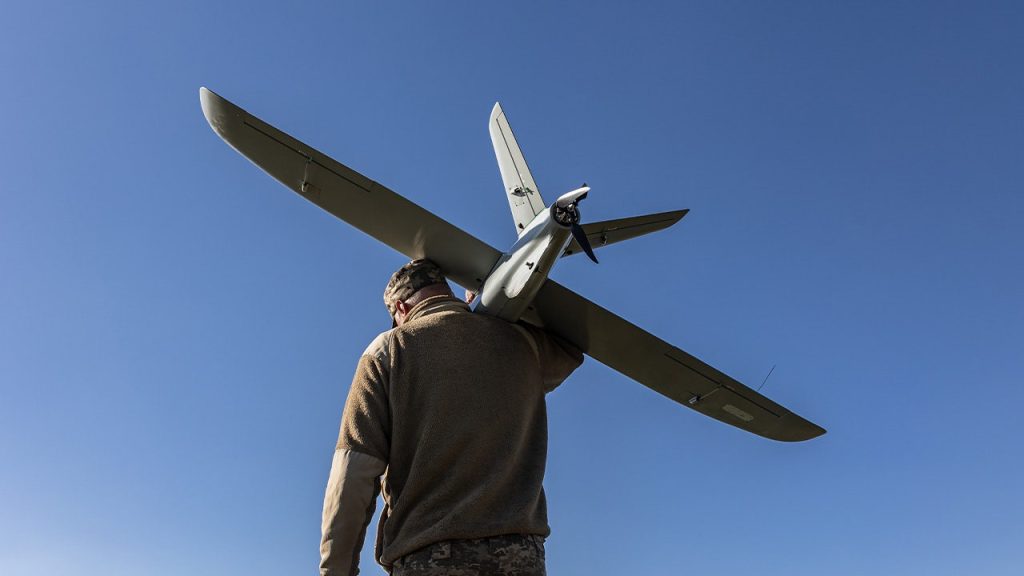Claims made by the head of Russia’s technology development for its Defense Ministry suggesting that Moscow is “ahead” in the Artificial Intelligence (AI) race have been refuted by a top expert. Despite Russia’s more than two-year-long invasion of Ukraine driving an AI race among NATO nations, Moscow has doubled down on its AI efforts, with Putin declaring in 2017 that “Whoever leads in AI will rule the world.” However, former DIA intelligence officer Rebekah Koffler believes it is unlikely that Russia is ahead of the U.S. in AI development, pointing out the different approaches taken by the two countries.
While Russia has focused on using AI for psychological warfare, the U.S. has primarily focused on technological advancement. Koffler highlighted Russia’s use of disinformation campaigns, propaganda, and election interference as a key aspect of its AI strategy. She noted that Russia’s ability to spread disinformation quickly could indicate advancements in decision-making technologies, despite her doubts about Russia surpassing the U.S. in AI development. The U.S. began employing AI in warfare towards the end of the War on Terror in Afghanistan to alleviate the burden on forces maintaining human intelligence networks.
Elistratov’s claims were likely not limited to comparing Russia with the U.S., as China, a top ally of Russia, has also made significant advancements in AI development. Koffler suggested that Russia may be closer to China in AI development than to the U.S., while also likely surpassing allies like Iran and North Korea. It remains unclear how human oversight, which has played a significant role in U.S. and Western approaches to responsible AI employment, could factor into adversarial strategizing on the battlefield. In 2022, Russia grew its AI market by 18% and allocated $54 million of its 2024 budget for AI investment, a fraction of the $1.8 billion allocated by the U.S.
The war in Ukraine has prompted a rush among Kyiv, Moscow, and NATO nations to advance their AI capabilities, particularly for wartime applications like autonomous weapons systems. Putin’s emphasis on AI development as a top priority has driven Russia’s efforts in this field. However, Koffler emphasized that the U.S. and Russia have taken different paths when it comes to AI development, with the U.S. focusing on technological advancement and Russia utilizing AI for psychological warfare. The use of disinformation campaigns and propaganda by Russia has had a significant impact on populations, leading to concerns about potential advancements in decision-making technologies.
In conclusion, despite the claims made by Russia’s head of technology development for the Defense Ministry, doubts remain about Russia’s position in the global AI race. While Russia has made significant investments in AI and focused on its use for psychological warfare, experts believe that the U.S.’s approach to technological advancement sets it apart. The role of human oversight in responsible AI employment on the battlefield remains a key factor in strategizing for both the U.S. and Russia. As the AI race intensifies, the competition between major players like the U.S., Russia, and China will continue to shape the future of AI development and its applications in warfare.


